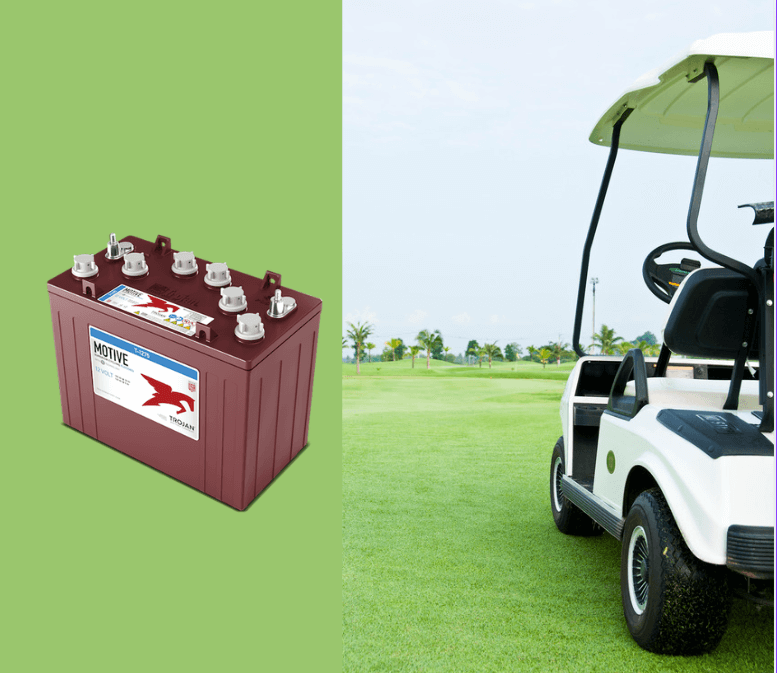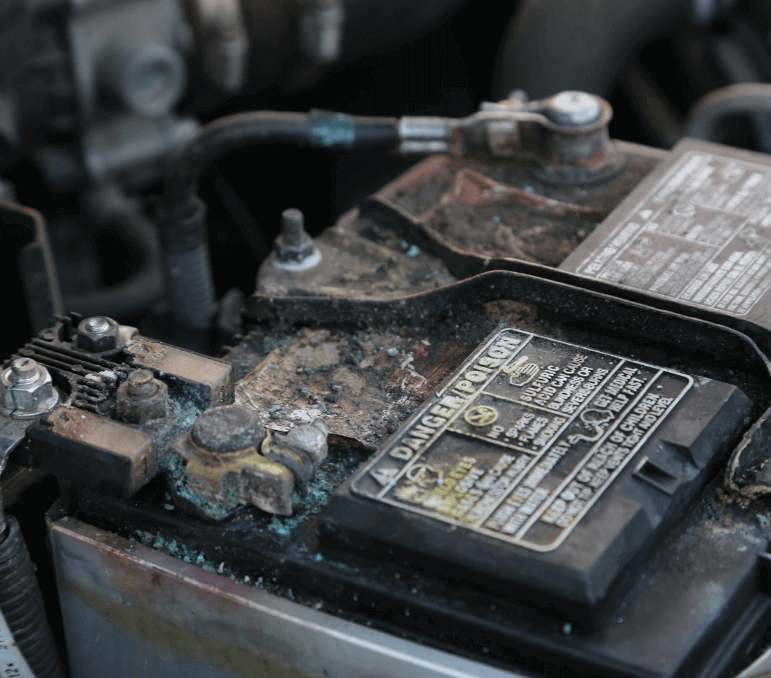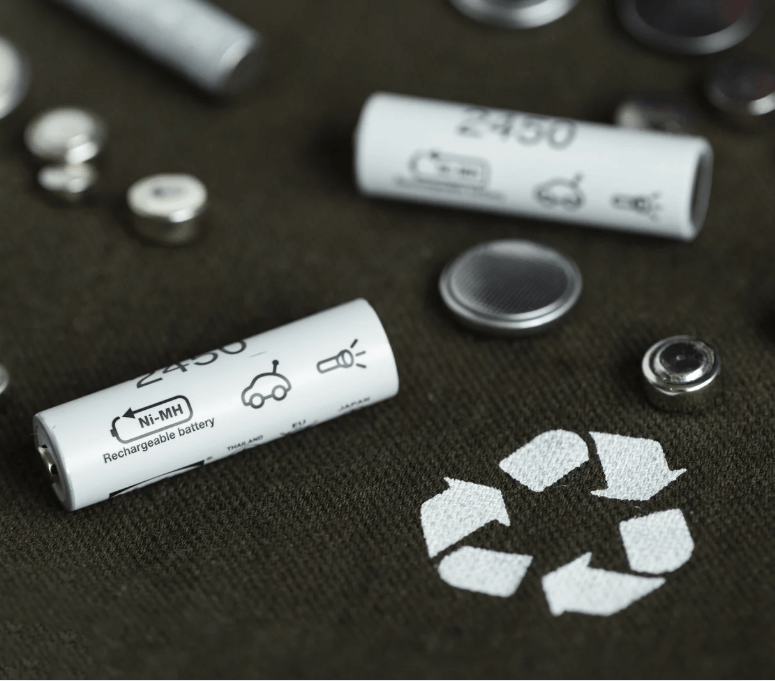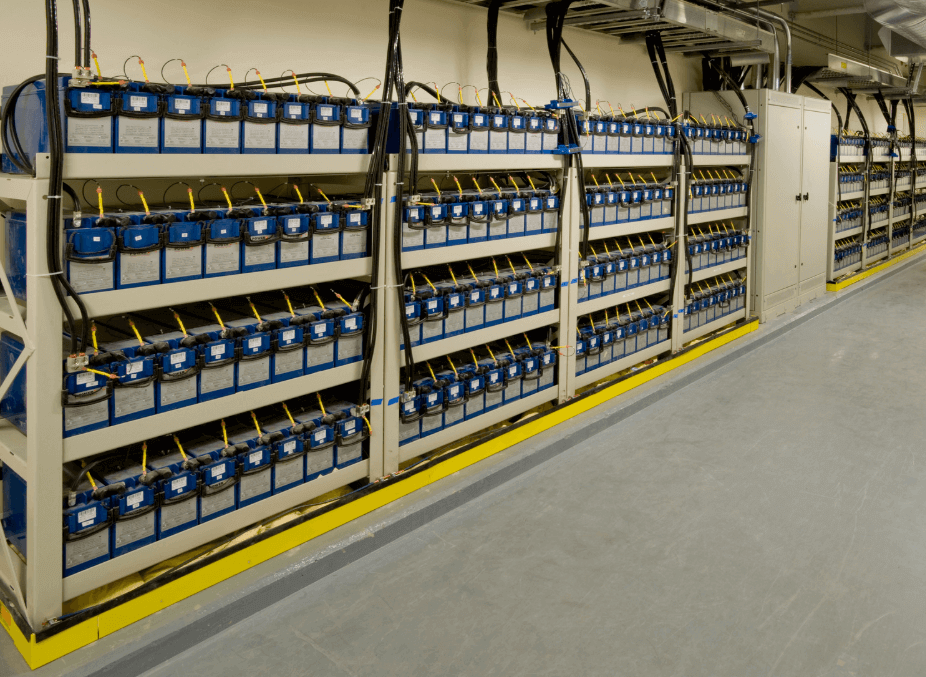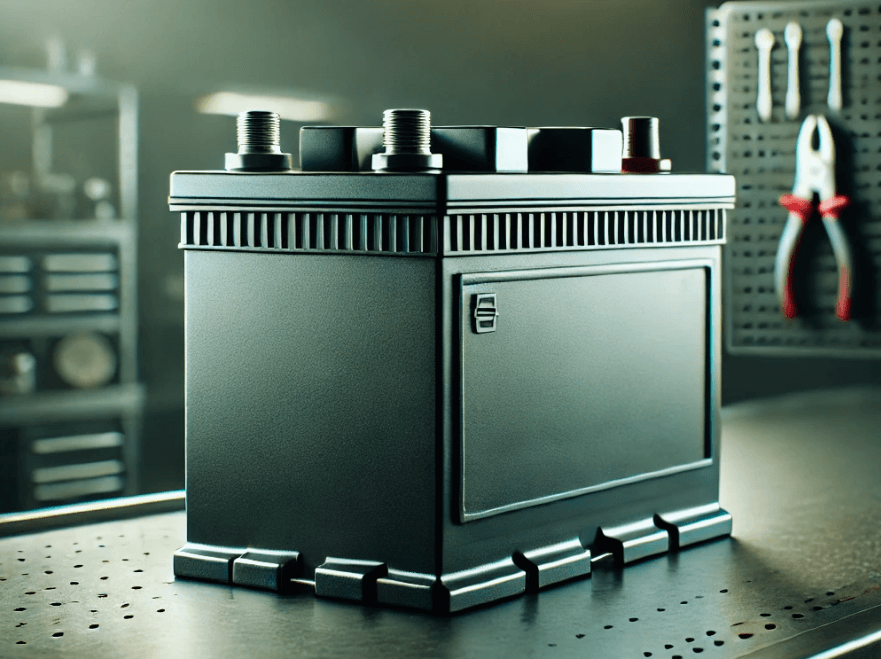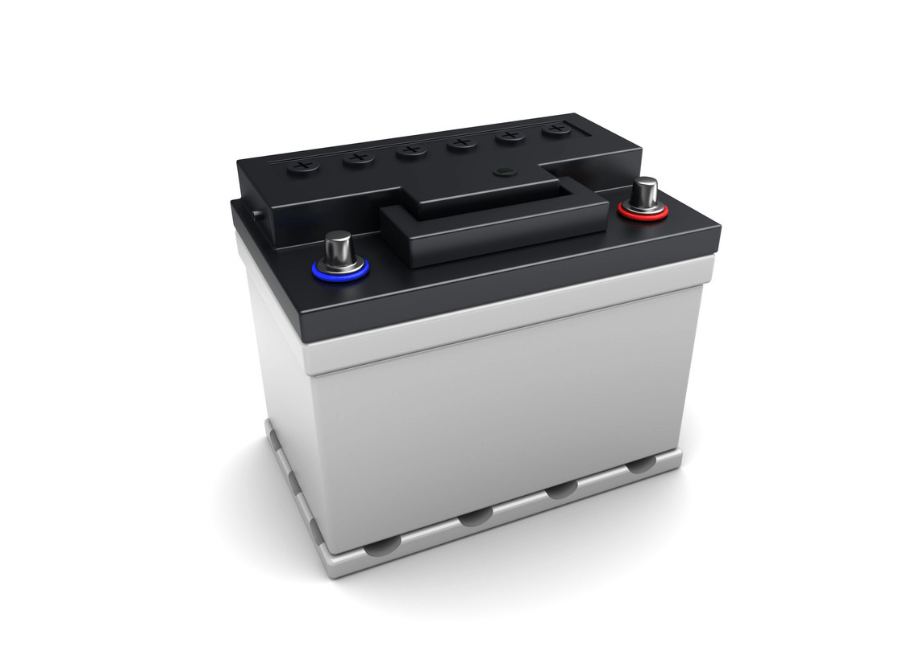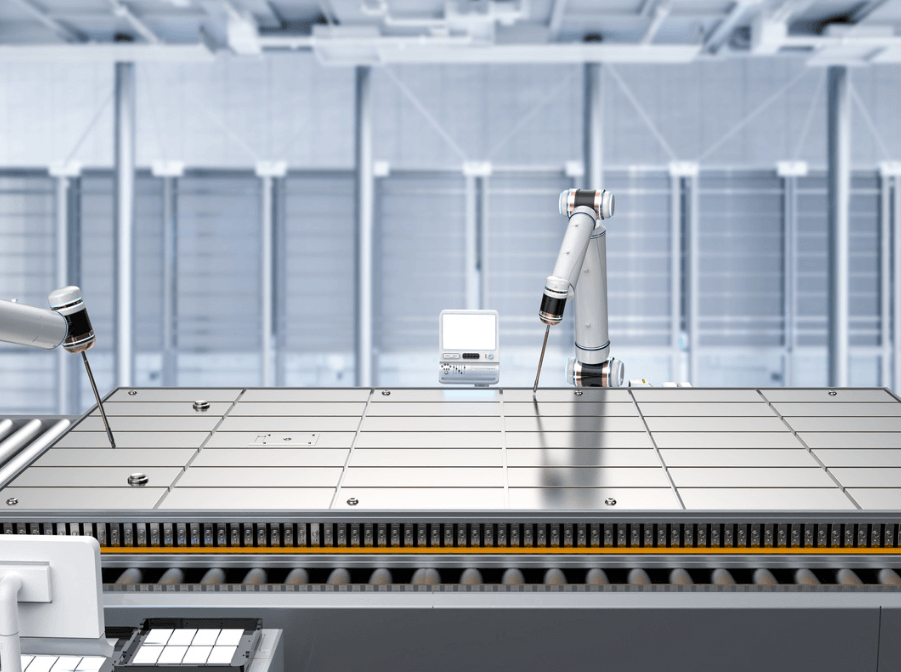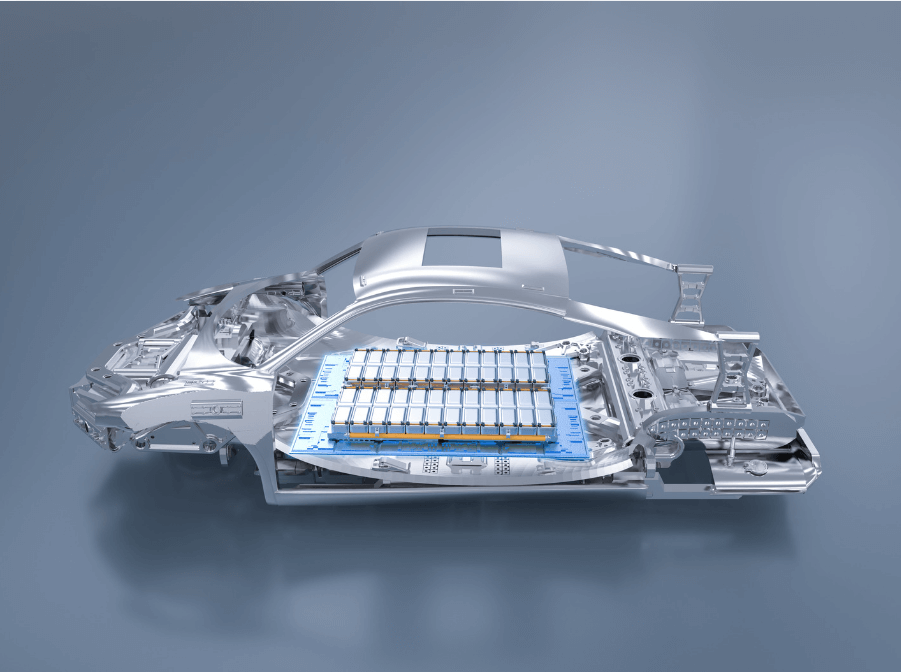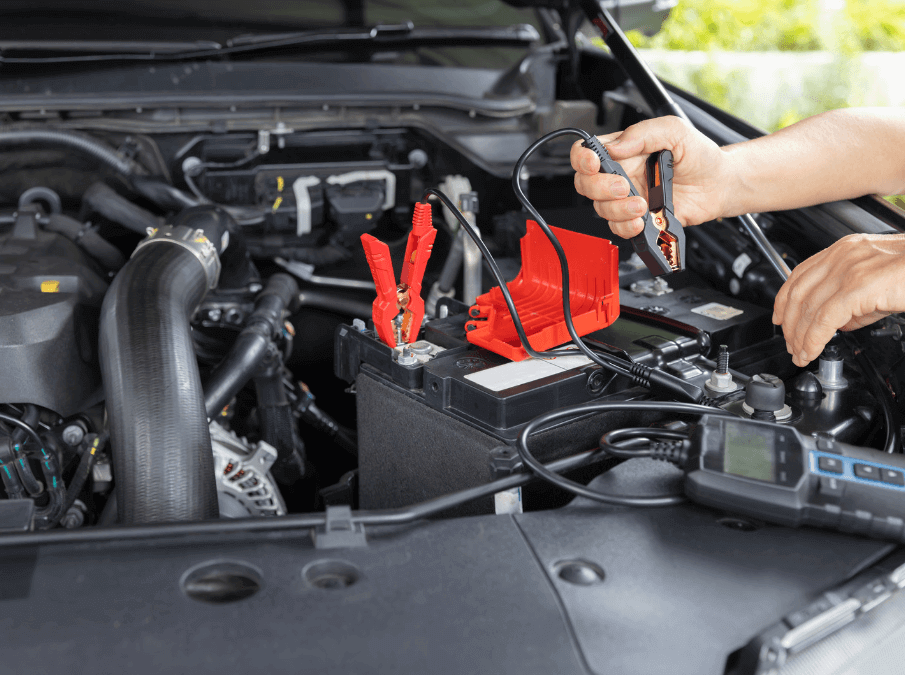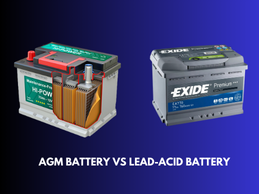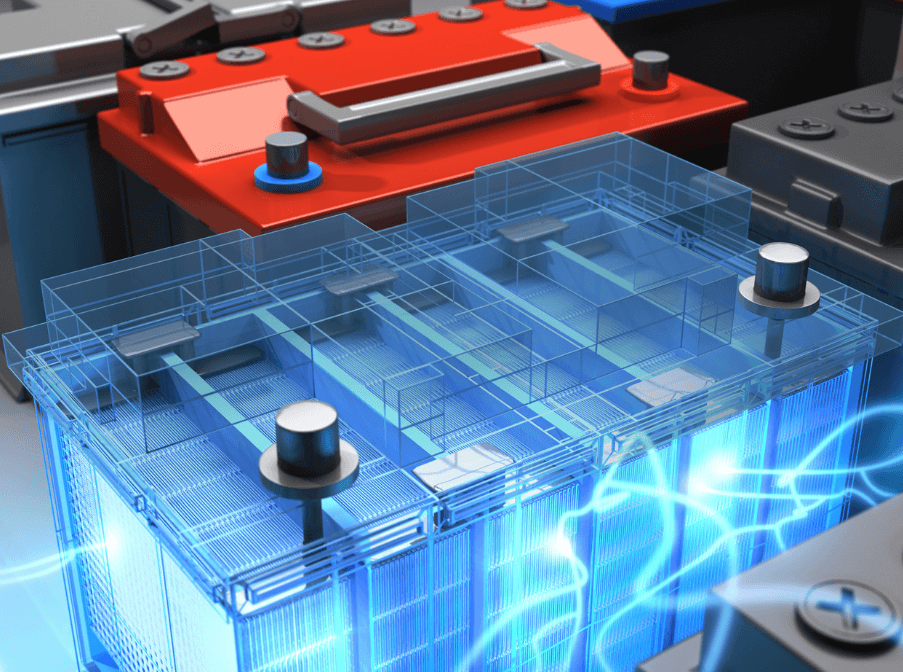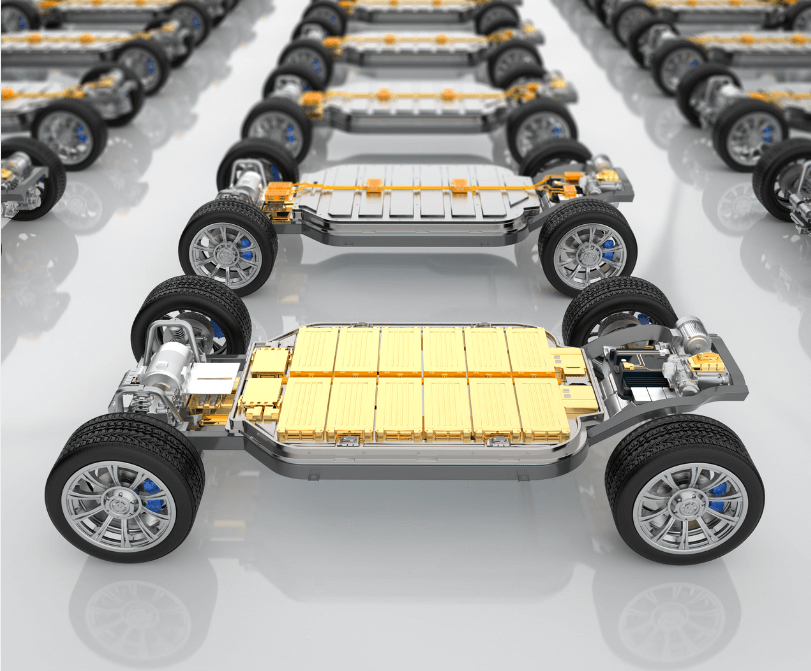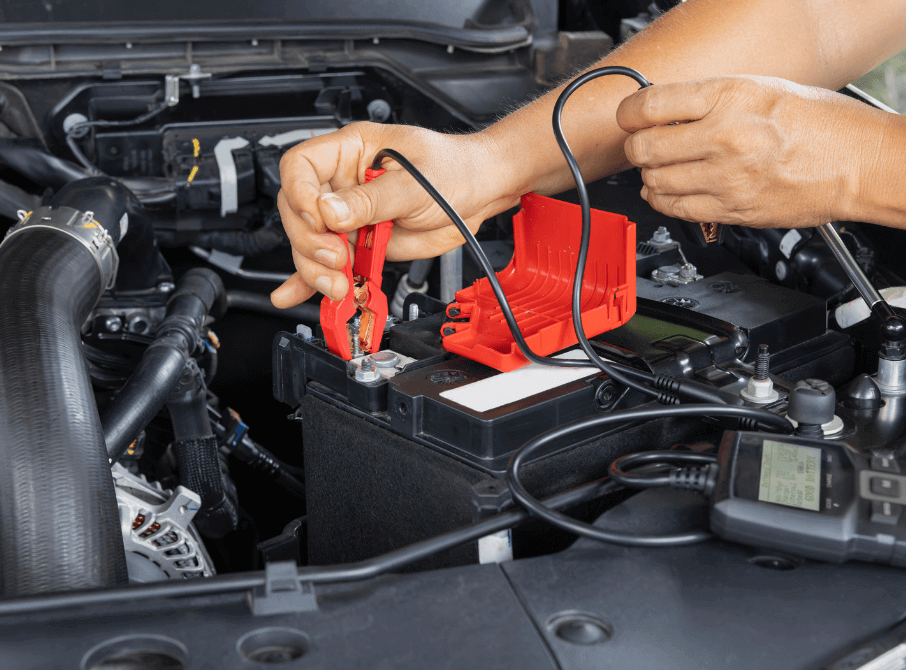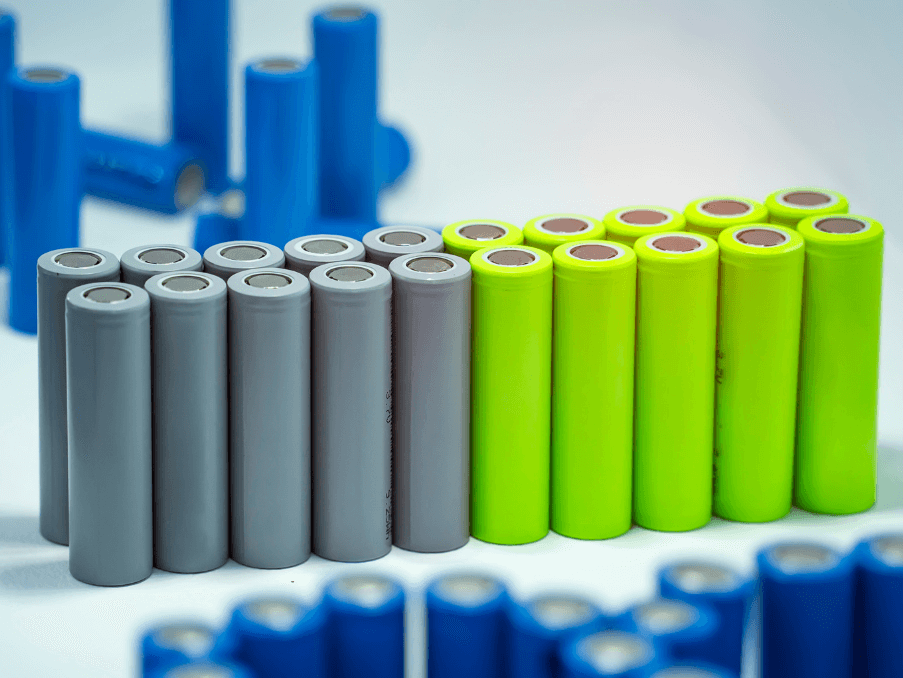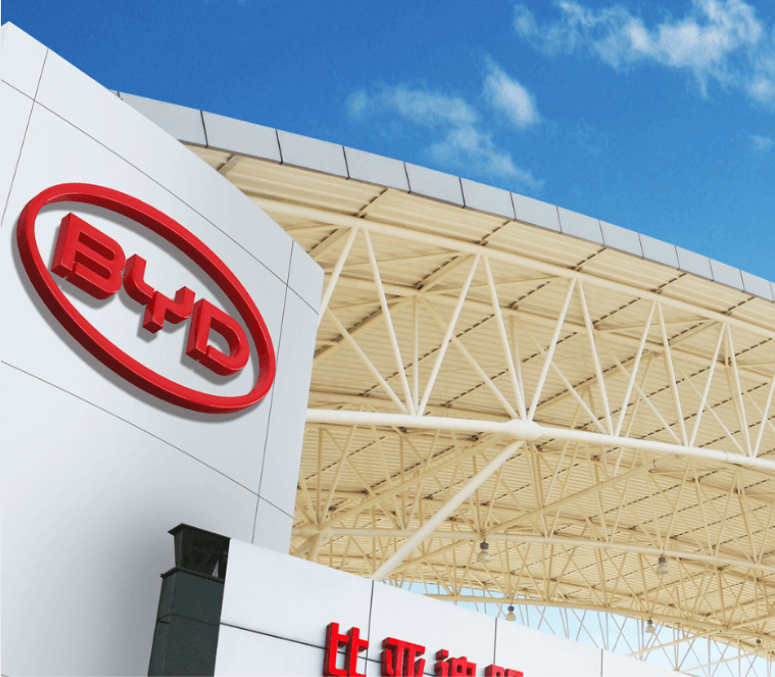
BYD, or “Build Your Dreams,” is a leading Chinese company in electric vehicles (EV), renewable energy, and battery technology. Founded in 1995, BYD has become one of the largest manufacturers of electric vehicles, solar energy products, and rechargeable batteries worldwide.
One of the most notable advancements in BYD portfolio is its cutting-edge battery technology, which is crucial in making electric mobility and renewable energy solutions more accessible and sustainable. We will discuss the technological advancements, performance, and future of BYD batteries.

1. BYD Company overview
BYD started as a rechargeable battery manufacturer and has grown into a global powerhouse not only in the EV sector but also in energy storage and renewable technologies. The company’s strategic shift toward electric vehicles in the early 2000 was key, and it is now recognized as a leader in the EV market, especially in China, where it enjoys significant market share.
2. The Evolution of BYD’s Battery Technology:
BYD journey into battery technology began with lithium-ion batteries, which were commonly used in consumer electronics. Over time, the company has innovated and expanded its battery technology, focusing on increasing safety, longevity, and performance.
In 2020, BYD introduced its most significant advancement: the Blade Battery. This new lithium iron phosphate (LFP) battery offers improved energy density, longer lifespan, and most importantly, superior safety features compared to traditional lithium-ion batteries.
3. Blade Battery: A Game Changer in EV Technology
One of BYD innovations is the Blade Battery. Blade batteries use lithium iron phosphate (LFP) technology, which has several advantages over traditional nickel-cobalt-aluminum (NCA) and nickel-manganese-cobalt (NCM) batteries. These advantages include:
Enhanced Safety: Unlike conventional lithium-ion batteries, blade batteries have a much lower risk of thermal runaway, significantly reducing the chance of fire or explosion. This makes them a safer option for electric vehicles.
Higher Energy Density: Blade batteries have a higher energy density than traditional LFP batteries, meaning they can store more energy in a smaller space, providing better range for electric vehicles.
Longer Lifespan: The blade battery ability to withstand more charge cycles extends its lifespan, contributing to lower long-term cost of ownership.
Cost-efficiency: The use of blade batteries in large quantities and with less expensive raw materials, such as iron, makes them a cost-effective alternative to other types of EV batteries.
BYD’s blade batteries have already been applied to several of its own EVs, including the BYD Han EV and BYD Tang EV, and are also used by other automakers under partnership agreements.
4. How BYD batteries are powering the electric vehicle revolution.
BYD’s advancements in battery technology not only contribute to its own line of electric vehicles but have also played a key role in accelerating the global shift towards EVs.
With an increased focus on sustainability and zero-emission transportation, BYD innovations have helped make electric mobility more accessible and practical for a wide range of customers. Some of the key vehicles powered by BYD batteries include:
BYD Qin Plus EV: A popular electric sedan that has attracted attention for its strong performance and long-range capabilities, made possible by blade batteries.
BYD e6 electric taxi: A prime example of BYD push into the commercial vehicle space, offering electric taxis powered by their advanced battery technology.
BYD Tang EV: A large electric SUV that uses BYD blade batteries to offer impressive range and performance in the SUV segment.
In addition to its own electric vehicles, BYD supplies its battery technology to other automakers, including collaborations with Toyota and Daimler, who use BYD batteries in some of their EV.
5. BYD Role in the Global Battery Market
BYD’s influence in the global battery market extends beyond electric vehicles. The company has become a significant player in the energy storage solutions space, supplying batteries for renewable energy systems such as solar power storage. BYD’s batteries are used in a variety of applications, including:
Grid energy storage: BYD energy storage solutions help stabilize the grid by storing excess renewable energy during peak production times for later use.
Residential energy storage: Homeowners who want to store solar energy can use BYD batteries, making their homes more energy-independent.
Commercial energy storage: Businesses that rely on large amounts of energy can use BYD energy storage systems to optimize their energy use and reduce costs.
BYD’s innovative battery technology is a key element in promoting the growth of renewable energy, enabling the transition to a more sustainable power system worldwide by helping to store clean energy for use when demand is high.
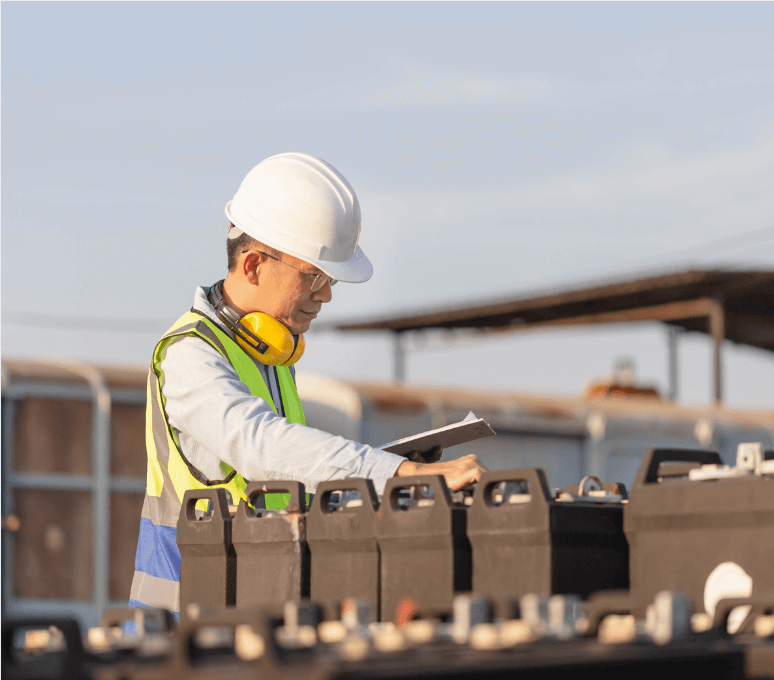
6. Battery Manufacturing and Supply Chain Strategy
BYD has made significant progress in battery manufacturing, positioning itself as a major competitor to other global battery manufacturers including CATL and Panasonic.
The company’s strategic focus on controlling its own battery supply chain has given it a competitive advantage. BYD manufactures many of its components, including cells, modules, and packs, in-house. This vertical integration ensures improved quality control, cost efficiency, and the ability to scale production quickly.
Additionally, BYD is working to secure long-term access to key raw materials for battery production, such as lithium and nickel. By investing in mining operations and building strong relationships with suppliers, BYD is positioning itself to mitigate potential supply chain disruptions in the future.
7. BYD Commitment to Sustainability and Recycling
As the adoption of electric vehicles increases, so too does the need for sustainable solutions for managing used batteries. BYD is actively addressing this challenge through its battery recycling initiatives.
The company is focused on reducing the environmental impact of its batteries throughout their life cycle. BYD’s efforts in battery recycling include:
Material Reuse: BYD works to recover valuable materials such as lithium, cobalt, and nickel from used batteries so that they can be reused in new batteries.
Reducing Carbon Footprint: By developing environmentally friendly recycling processes, BYD is helping to reduce the carbon footprint of its products.
Closed-Loop System: BYD is moving towards a closed-loop battery recycling system, which can help keep harmful materials out of landfills and reduce the need to mine new materials.
BYD’s commitment to sustainability is aligned with its broader goals of advancing clean energy solutions, reducing emissions, and promoting circular economy policies.
8. The Future of BYD Battery Innovation
The future of BYD battery technology looks bright as the company continues to invest heavily in research and development. Upcoming trends and potential innovations include:
Solid-state batteries: BYD is exploring solid-state battery technology, which promises higher energy density, faster charging times, and better safety than current lithium-ion batteries.
Ultra-fast charging: With the growing demand for fast charging solutions, BYD is working to improve the charging speed of its batteries, making electric vehicles more convenient for everyday use.
Second-life applications: As batteries age, they lose efficiency for use in vehicles but can still be useful for stationary storage systems, providing new ways to recycle batteries and extend their lifecycles.
BYD’s future innovations in battery technology will likely put it at the forefront of the electric vehicle and energy storage industry, contributing to a more sustainable and electrified world.
Conclusion
BYD innovative battery technology, particularly the blade battery, is paving the way for safer, more efficient electric vehicles and renewable energy solutions. The company’s commitment to sustainability, vertical integration, and advanced research makes it one of the most influential players in the global battery market.
As the world shifts towards clean energy, BYD continued advancements in battery technology will undoubtedly play a key role in shaping the future of electric mobility and energy storage.




